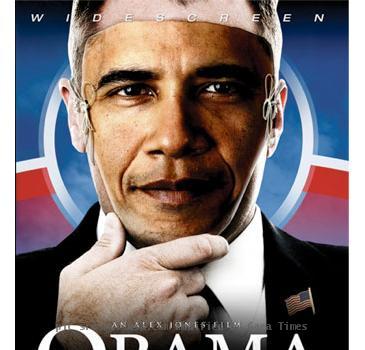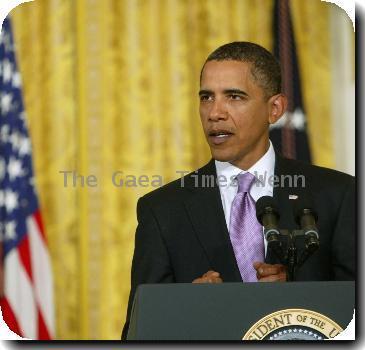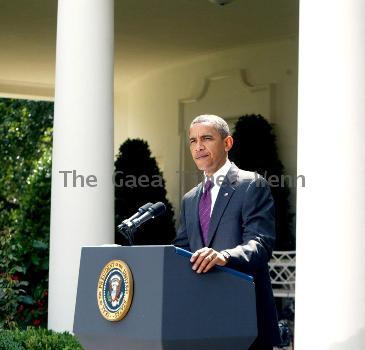Obama administration: New rules should put distance between drilling inspectors, oil industry
By Matthew Daly, APTuesday, August 31, 2010
Drilling agency imposes conflict-of-interest rules
WASHINGTON — Scandalized by federal regulators who had sex with oil company executives and negotiated with them for jobs, the agency that oversees offshore drilling is imposing a first-ever ethics policy that bars inspectors from dealing with a company that employs a family member or personal friend.
Michael Bromwich, head of the Bureau of Ocean Energy Management, said the new policy should help restore credibility to his beleaguered agency, which was widely criticized under its former name — the Minerals Management Service — for being too close with oil and gas companies.
President Barack Obama and Interior Secretary Ken Salazar have pledged to end the agency’s “cozy relationship” with industry and slow the revolving door between government and the energy industry.
Under the new policy, agency employees must notify a supervisor about any potential conflict of interest and step aside when inspections or other official duties involve a company that employs a family member or close personal friend.
Inspectors who join the agency from the oil industry cannot perform inspections or other work involving their former employers for two years.
The new policy, which takes effect immediately, comes after a series of jaw-dropping reports documenting the close relationship between agency workers and energy company representatives.
In May, the Interior Department’s acting inspector general found that MMS employees in the Lake Charles, La., office accepted meals, football tickets, hunting trips and other gifts from the oil and gas companies they were regulating. In at least one case, an inspector admitted using crystal methamphetamine and said he might have been under the influence of the drug the next day at work.
A separate 2008 inspector general report singled out workers in the agency’s Lakewood, Colo., office for having sexual relationships with energy company executives and accepting gifts from them.
Mary Kendall, Interior’s acting inspector general, said her biggest concern was the ease with which drilling agency employees moved between industry and government. Inspectors and oil company workers have often known one another since childhood, and their relationships took precedence over their jobs, Kendall said.
The new policy is directed toward the most clear-cut conflicts of interest and acknowledges that drilling regulators often live near rig workers and supervisors they see in the field. The guidelines don’t require recusal in all those situations, as long as the neighbors have limited personal knowledge of each other and only share general conversations.
In a memo to the drilling agency’s 1,700 employees, Bromwich acknowledged that the new policy responds to widespread criticism. But he said it was a significant reform that “underscores the importance of independence, objectivity and the absence of real or apparent bias on the part of any of our employees in the discharge of their duties.”
An investigator with the Washington-based Project on Government Oversight, Mandy Smithberger, called the ethics policy long overdue. She also said it should be expanded to other agencies within the Interior Department and high-ranking officials in the agency’s Washington headquarters.
Bromwich, a lawyer and former inspector general at the Justice Department, has pledged a lifetime ban on working in the energy industry, but Smithberger said a more formal policy restricting political appointees from working in the industry is needed.
At least two former MMS directors have served as president of the National Ocean Industries Association, an offshore energy trade group. Randall Luthi, who was MMS director from 2007 to 2009, took over the industry post in March, replacing Tom Fry, who had been president of the group since 2000. Fry headed the drilling agency during the Clinton administration.
A bill passed by the House in response to the BP oil spill includes a revolving-door provision, but the measure is stalled in the Senate.
Tags: Accidents, Barack Obama, Energy, Energy Policy, Environmental Concerns, Labor Issues, North America, Political Ethics, Political Issues, Products And Services, United States, Washington





